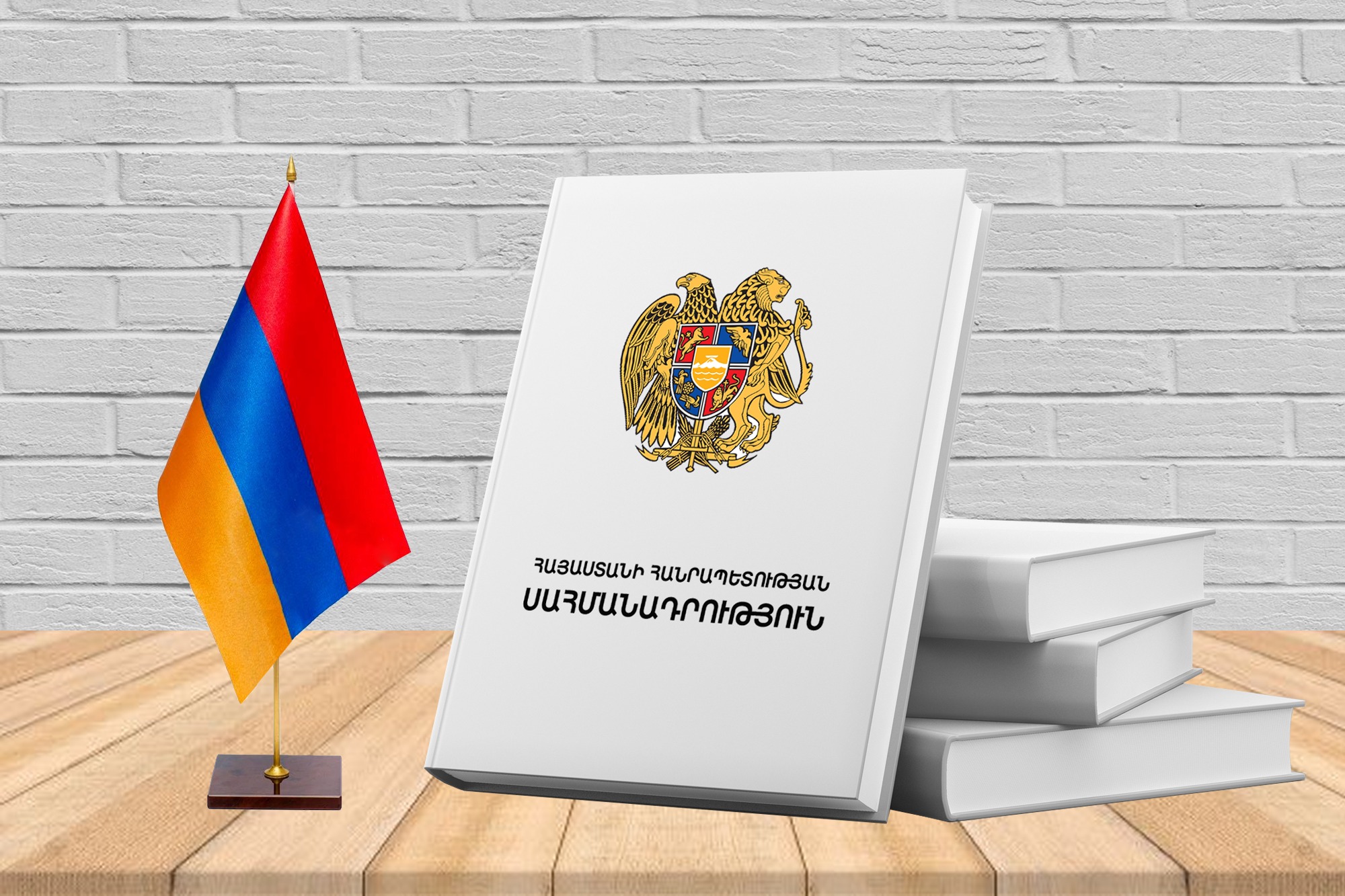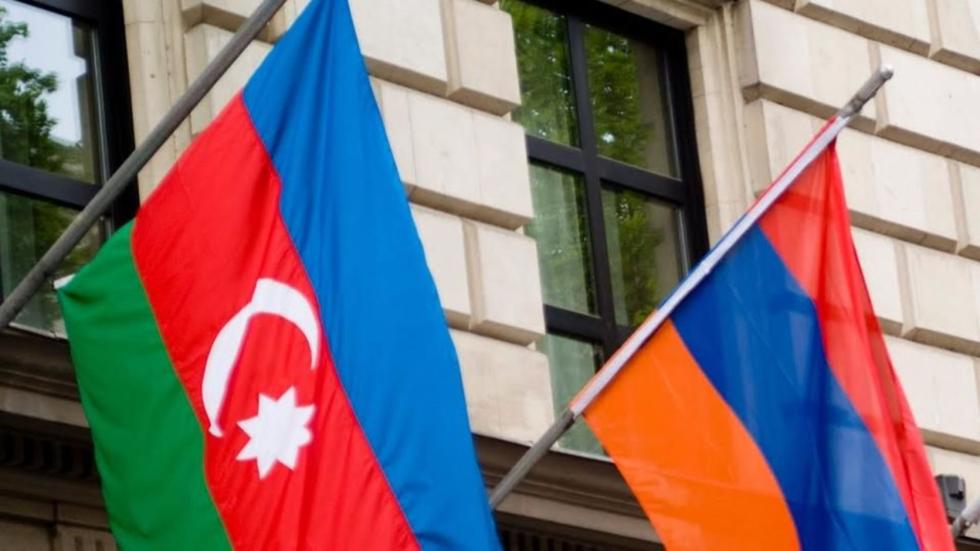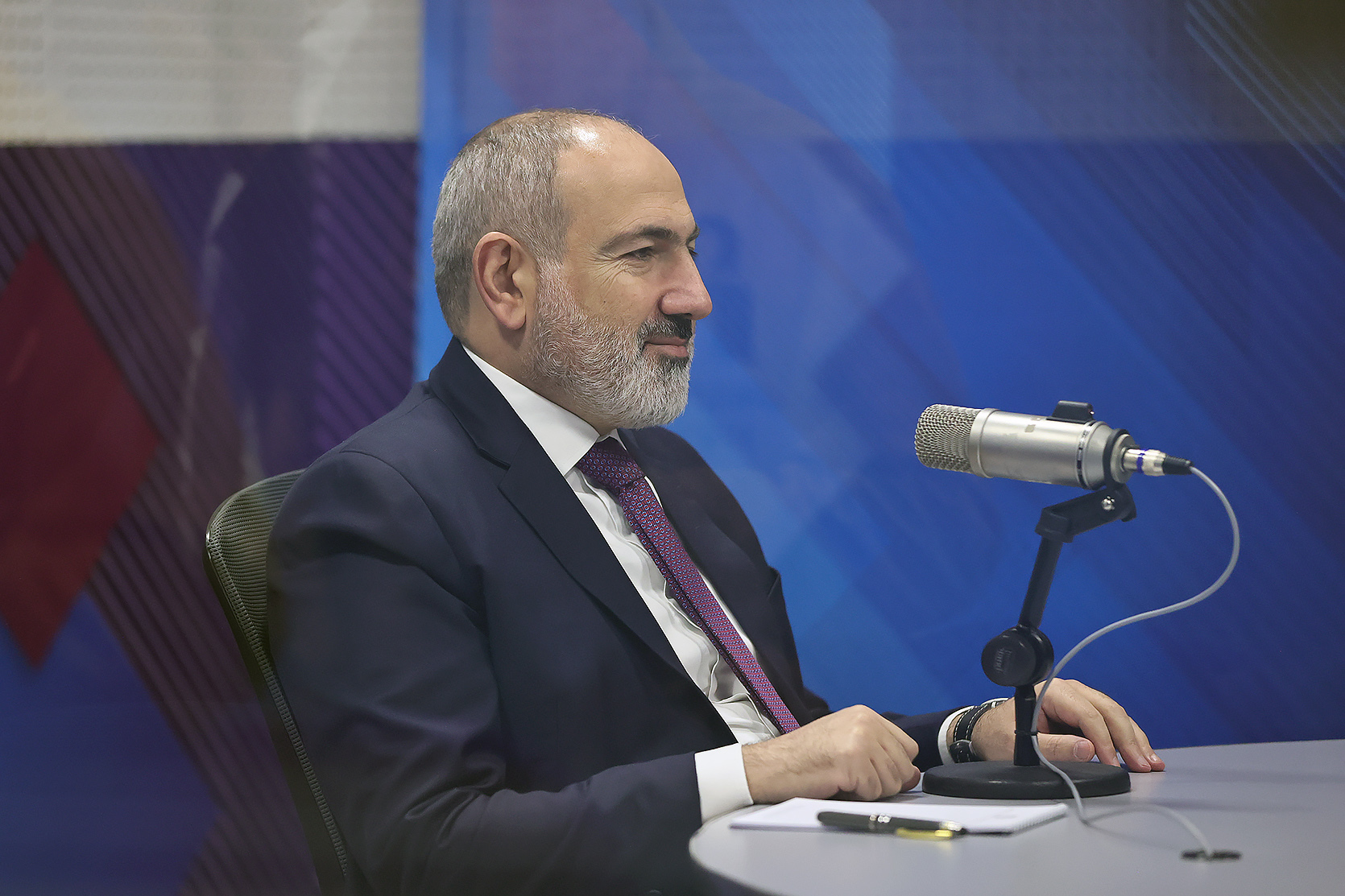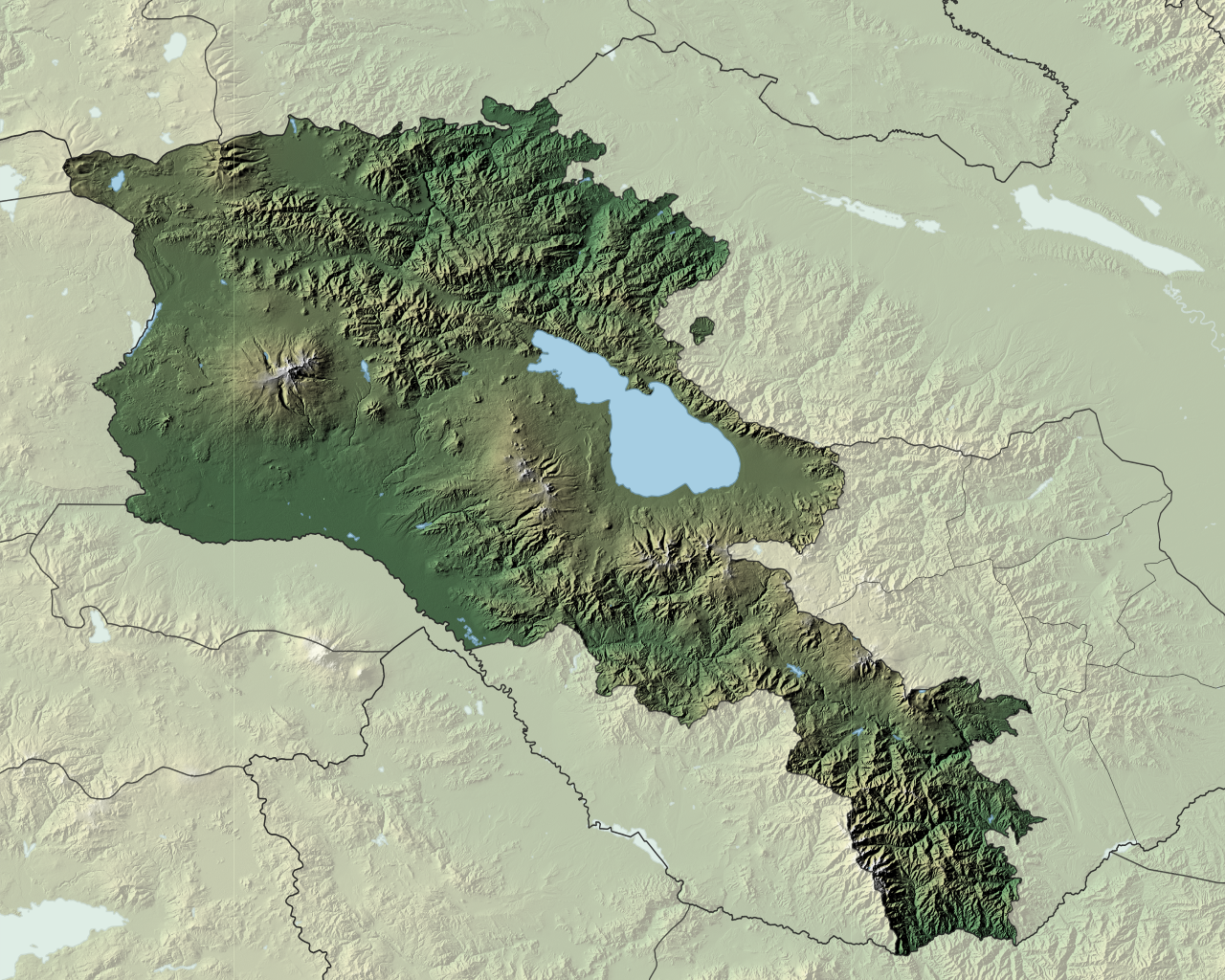"Cut the demagoguery": Opinion from Yerevan on how Armenia and Azerbaijan can achieve peace
Armenia-Azerbaijan resolution
Amid reports that a significant portion of the peace agreement between Yerevan and Baku has been agreed upon, Armenian experts are discussing the current obstacles to achieving peace.
Recently, Azerbaijan’s foreign minister, Jeyhun Bayramov, highlighted the key barriers to reaching an agreement. According to Bayramov, “the main obstacle to concluding the peace process between Armenia and Azerbaijan is the ongoing territorial claims against Azerbaijan and Turkey enshrined in Armenia’s constitution.” Additionally, Bayramov mentioned that “Armenia is arming itself, with third countries supporting this process.”
Political analyst Boris Navasardyan examines the current situation and shares his perspective on how progress can be made in resolving the relations between Armenia and Azerbaijan.
- Yerevan and Baku to exclude one contentious issue from the peace agreement. What’s next?
- Opinion from Yerevan: “A Russian-Azerbaijani tandem is forming”
- “Baku promised Moscow to delay signing the agreement with Armenia” – Opinion from Yerevan
Political analyst Boris Navasardyan’s commentary
On territorial integrity
“Further discussions on a peace agreement between Armenia and Azerbaijan only make sense if any document—even a very preliminary one—includes mutual recognition of territorial integrity based on the official borders of the two Soviet republics at the time of the de jure dissolution of the USSR.
The absence of such a formulation or an equivalent one eliminates any prospects for normalizing relations between Baku and Yerevan on all key components: border delimitation, unblocking communications, exchanging diplomatic missions, and more.”
On amending the Constitution
“Furthermore, demagoguery and unrealistic expectations, which are unfeasible given the current circumstances, should be excluded from the ongoing negotiation process.
Firstly, the issue of alleged territorial claims in the constitutions of the Republic of Armenia and the Republic of Azerbaijan should be put to rest once and for all.
If Baku continues to raise such preconditions, it can only mean one thing—a lack of willingness (either situational or principled) to sign a document that includes the aforementioned formulation on the recognition of borders.
There are no provisions in Armenia’s constitution that could raise concerns about territorial claims. However, it does reference the Declaration of Independence, which mentions the joint resolution of the Supreme Soviet of the Armenian SSR and the National Council of Nagorno-Karabakh from December 1, 1989, ‘On the Reunification of the Armenian SSR and Nagorno-Karabakh.’
Any constitutional law expert, guided by professional rather than political considerations, would confirm that there are no real obstacles to the mutual recognition of territorial integrity in the constitutions of both states. There are readily available tools to verify the validity of this statement of mine.”
On “revanchism” and arms purchases
“It’s simply unprofessional for Azerbaijani political figures and experts to talk about Yerevan having revanchist plans, citing its arms purchases. It’s almost embarrassing to even respond to such claims.
Especially when it is the Armenian side that is proposing the development of effective mechanisms to prevent escalations, with or without external guarantors.
In other words, the speculations around this topic are nothing more than another excuse to avoid moving toward normalizing relations.”
On the return of Armenians to Azerbaijan and Azerbaijanis to Armenia
“Raising the issue of Armenians returning to Nagorno-Karabakh or linking this possibility to the return of Azerbaijanis to Syunik/Zangezur [referring to the southern region of Armenia bordering Azerbaijan] is yet another trap for well-intentioned and constructive approaches.
The idea of a ‘population exchange’ even vaguely resembles the legitimization of trafficking. Whether to return or not should be a decision made by each individual.
It is the responsibility of states to create the specific conditions required, based on the complex circumstances that accompanied the displacement. However, both sides are currently far from adopting a human rights-centered approach, so it would be better to delay addressing this issue and not tie it to the current stage of the resolution process.”
On mutual withdrawal of claims in international courts
“Proposals to withdraw mutual claims and demands in international forums are, at the very least, questionable. Is this a call to abolish justice altogether?
All those guilty of proven war crimes and crimes against humanity must be held accountable. This isn’t about the severity of the punishments, but about the acknowledgment of atrocities that must never be repeated.
A refusal to involve international institutions in this process could only be justified if Baku and Yerevan established bilateral, agreed-upon, legitimate, and responsible mechanisms to address such issues. Since these mechanisms are currently absent, ignoring The Hague or Strasbourg will continue to distance us from the best achievements of modern civilization, regardless of any (hopefully temporary) deviations they may be undergoing today.
This aspect is also inextricably linked—though it is rarely discussed—with the status of prisoners of war and other detainees. Determining their fate outside the framework of international law is a highly risky endeavor.
None of this implies a rejection of the realpolitik principle that considers the results of war in conflict resolution.
It would be beneficial to take stock of what Armenia has already unilaterally paid in various forms for its defeat. The final settlement—in the absence of a bilateral mechanism—should align with assessments from those same international institutions and must not contain the seeds for future conflicts.”























